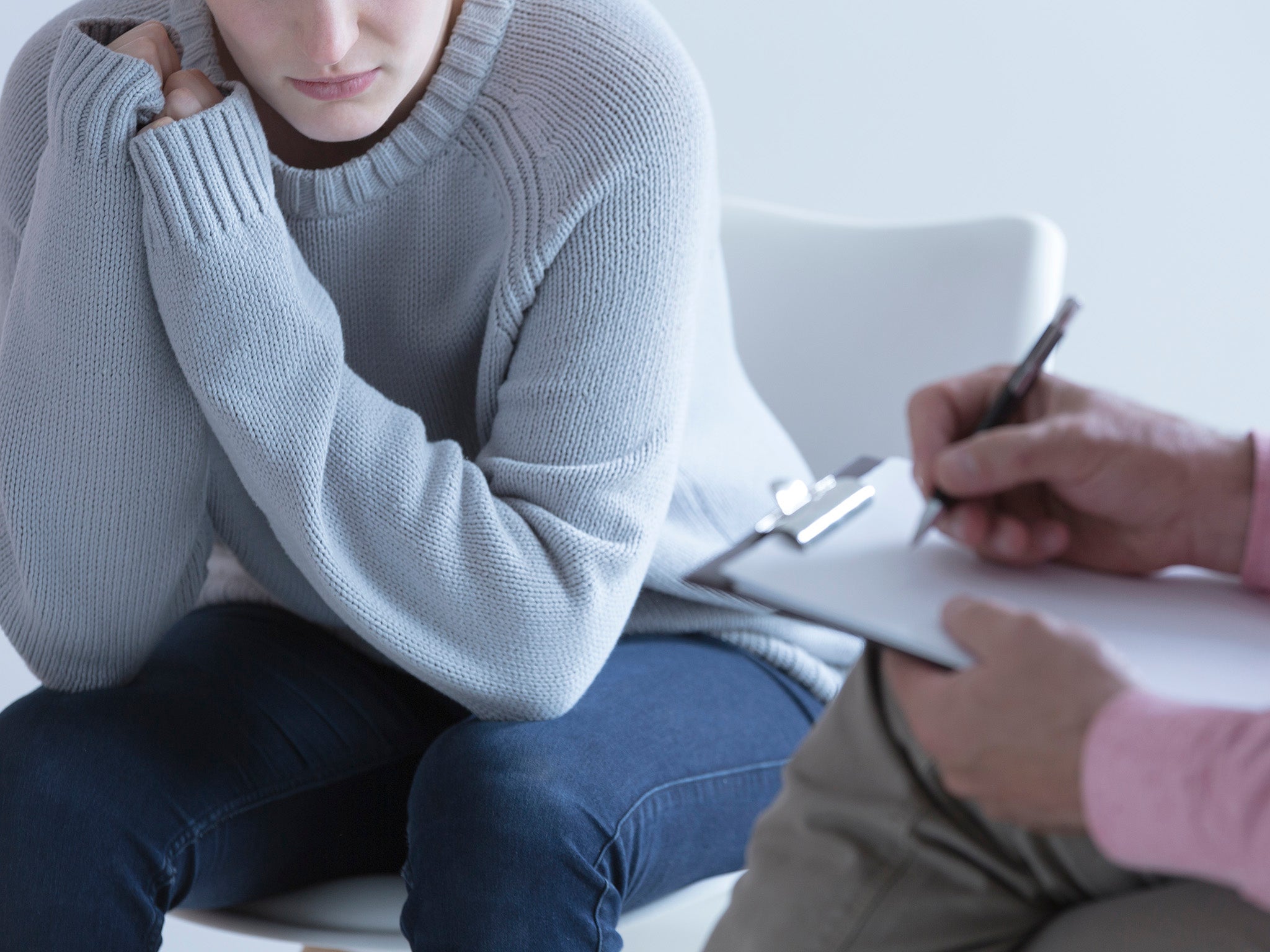8 in 10 women wouldn’t visit doctor with unexpected vaginal bleed despite it being key gynaecological cancer symptom
‘Embarrassment, fear of pain and being unaware of the signs and symptoms of gynaecological cancers often prevent women from talking openly about their health,’ says Dr Sue Ward

Your support helps us to tell the story
From reproductive rights to climate change to Big Tech, The Independent is on the ground when the story is developing. Whether it's investigating the financials of Elon Musk's pro-Trump PAC or producing our latest documentary, 'The A Word', which shines a light on the American women fighting for reproductive rights, we know how important it is to parse out the facts from the messaging.
At such a critical moment in US history, we need reporters on the ground. Your donation allows us to keep sending journalists to speak to both sides of the story.
The Independent is trusted by Americans across the entire political spectrum. And unlike many other quality news outlets, we choose not to lock Americans out of our reporting and analysis with paywalls. We believe quality journalism should be available to everyone, paid for by those who can afford it.
Your support makes all the difference.Eight in 10 women would not visit their doctor after unexpected vaginal bleeding despite it being a key symptom of gynaecological cancers, a new study has found.
The Eve Appeal, a charity which polled 3,000 women, found almost three quarters were not educated about how to notice when something is wrong with their periods at school.
Campaigners drew attention to the fact NHS data demonstrates urgent cancer referrals are down by 20 per cent and many people are anxious about going to the doctors in the wake of the coronavirus crisis.
The charity called for anyone experiencing vaginal bleeding to keep tabs and go to a doctor if anything is “abnormal”.
Dr Sue Ward, vice president of the Royal College of Obstetricians and Gynaecologists, said: “Cancer that is diagnosed at an early stage is more likely to be treated successfully, but sadly a worryingly high number of women are diagnosed with late-stage gynaecological cancers every day in the UK.
“Embarrassment, fear of pain and being unaware of the signs and symptoms of gynaecological cancers often prevent women from talking openly about their health, attending screening appointments or seeking medical help when they require it.
“Medical professionals, women, and society, need to start having more open conversations about women’s health, including abnormal bleeding and post-menopausal bleeding. This needs to start in school and continue throughout a woman’s life.”
The consultant obstetrician and gynaecologist said “sharing experiences and providing easy access to information” about gynaecological cancers actually saves women’s lives.
The Eve Appeal has joined forces with the Royal College of Obstetricians and Gynaecologists to draw up a series of tips to help women notice abnormal vaginal bleeding for Gynaecological Cancer Awareness Month this September.
Kathryn Firth, who was diagnosed with cervical cancer after she noticed bleeding after sex, said: “My cancer was found after I went to the doctor about some bleeding I was having outside of my regular menstrual cycle.
“Most notably I bled after sex and it would be heavy for a couple of days afterwards. Initially, I thought that it was just the start of my period, but after a couple of months, I realised that it wasn’t at all.
“I went to the doctors and they recommended bringing my cervical screening forward. I then had a colposcopy and was diagnosed with stage 1b cervical cancer. It is really important to get abnormal bleeding checked out. Not long after my bleeding started, I began tracking my cycles because I wanted to make sure that nothing untoward was going on. I think this was a key step in me realising things weren’t quite right and getting diagnosed when I did.”
Unusual bleeding is a symptom of womb, cervical and vaginal cancer – which together impact a combined total of almost 13,000 women each year.
A recent YouGov poll for the Eve Appeal found 38 per cent of 25 to 34-year-olds said they would delay seeking medical advice if they experienced bleeding after sex despite this being a key symptom of cervical cancer.
Athena Lamnisos, chief executive of The Eve Appeal, said: “There are lots of reasons for abnormal vaginal bleeding – it probably isn’t cancer, but it should be ruled out. The Eve Appeal is focussed on cancer prevention and early diagnosis. It’s so worrying that women are quite literally sitting on symptoms. We want to make everyone aware of our key message and get bleeding checked.”
Join our commenting forum
Join thought-provoking conversations, follow other Independent readers and see their replies
Comments